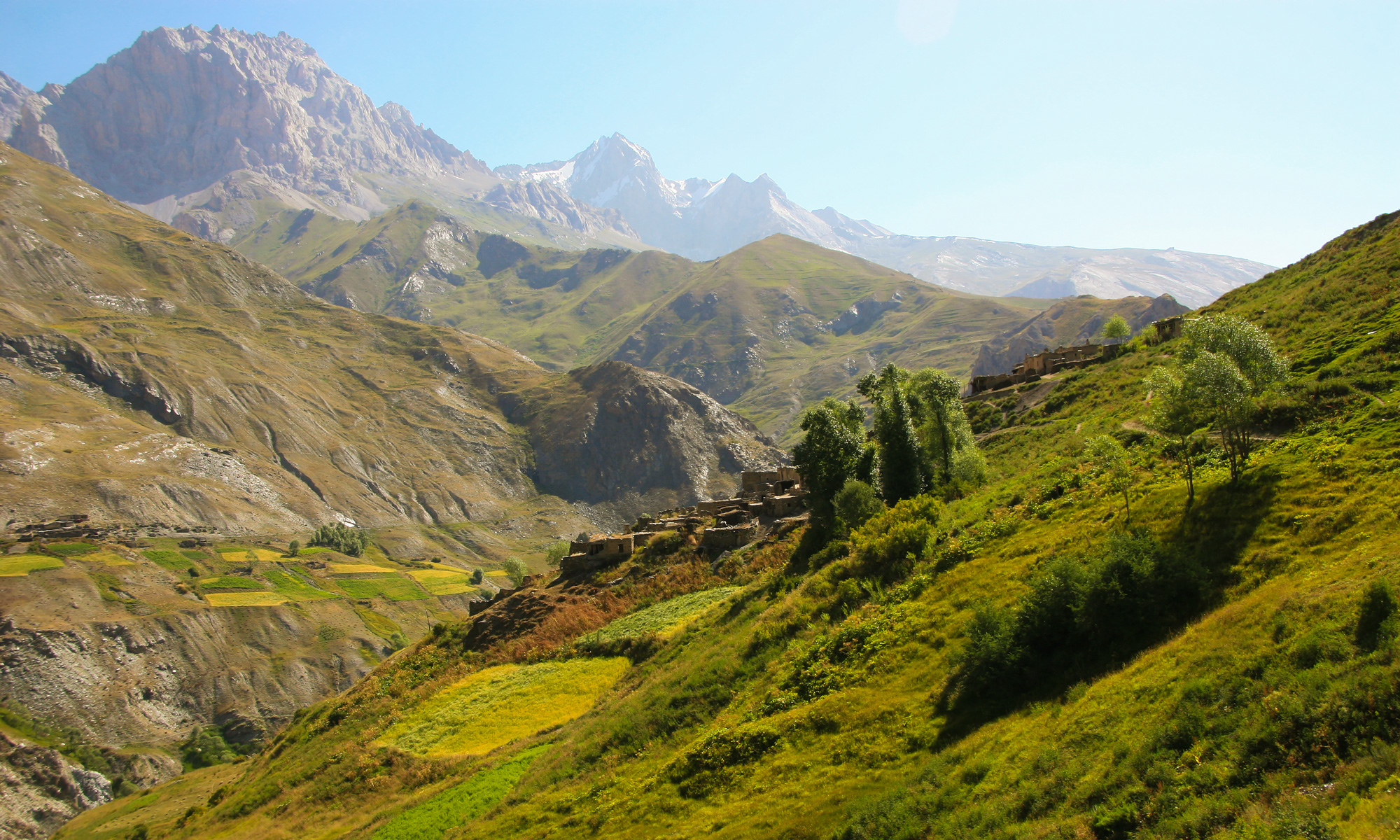Every ten years, Tajikistan counts its people.
The results of the 2010 national census, published in late 2012, offered a statistical snapshot of the nation: how many people live in each region, what languages they speak, and how they identify.
But for some communities, the numbers didn’t just count — they erased.
Among the thousands of ethnic identities recorded, “Yaghnobi” was not listed as a distinct group. Instead, Yaghnobi-speaking families were absorbed into the broader category of “Tajik”, even while other smaller minorities — such as the Roma — were recognized on their own line.
The question for many Yaghnobis wasn’t only about numbers. It was deeper.
What does it mean to be counted as someone else?
National censuses are more than paperwork. They influence everything from language policy and school funding to political representation and cultural visibility.
When an identity isn’t counted, it often isn’t protected. No line item means no official presence. No presence means no programs.
For the Yaghnobi people, whose language descends from ancient Sogdian, this is more than bureaucratic oversight. It is a sign of how fragile cultural survival can be when state structures don’t reflect social realities.
According to reports from regional media and human rights groups, community members in Zafarabad and Yaghnob Valley settlements were not offered “Yaghnobi” as an option when surveyed. In the absence of alternatives, many were marked as “Tajik” — by default, not by choice.
Yaghnobis share many ties with the broader Tajik population — religion, citizenship, and parts of daily life. But they also carry a unique history, language, and worldview.
When that difference isn’t visible in official data:
-
It becomes harder to justify language preservation programs
-
Cultural needs are lost in general policy design
-
Future generations may begin to question whether being Yaghnobi “counts” at all
Across Central Asia and beyond, minority groups have long struggled with census categories that simplify identity. But simplification can become distortion.
Community elders and cultural advocates have often emphasized the importance of recognition — not as a matter of pride, but of survival.
In the past decade, Yaghnobis have:
-
Returned to ancestral villages despite harsh conditions
-
Rebuilt traditional homes and sacred sites
-
Preserved oral stories, songs, and spiritual practices
-
Spoken Yaghnobi in their homes, even if no school teaches it
Yet these efforts risk becoming invisible if not backed by state acknowledgment.
Recognition on a census won’t preserve a language on its own. But it sends a signal — to ministries, to donors, to the public — that this culture exists, matters, and needs support.
Looking ahead to the next census, there is time to act:
-
Include “Yaghnobi” as a self-identification category
-
Train enumerators to recognize minority identities
-
Empower communities to speak up — on paper, and in public
Because when people are allowed to name themselves, they’re more likely to protect what the name stands for.
